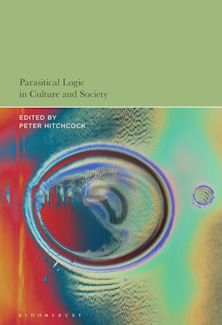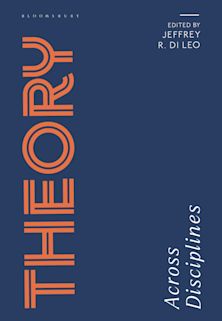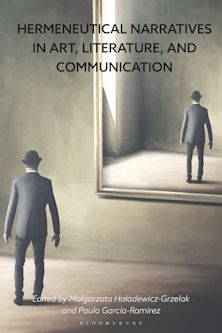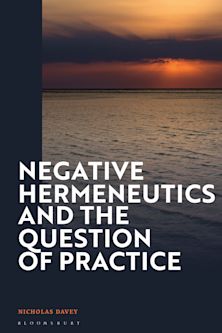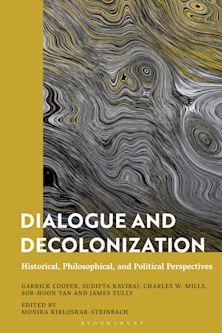The Task of Philosophy in the Anthropocene
Axial Echoes in Global Space
The Task of Philosophy in the Anthropocene
Axial Echoes in Global Space
This product is usually dispatched within 1 week
- Delivery and returns info
-
Free US delivery on orders $35 or over
Description
In its early modern form, philosophy gave a decisive impetus to the science and technology that have transformed the planet and brought on the so-called Anthropocene. Can philosophy now help us understand this new age and act within it? The contributors to this volume take a broad historical view as they reflect on the responsibilities and possibilities for philosophy today.
The term ‘Anthropocene’ signifies the era of the arrival of human beings as a force that affects global ecosystems in ways that are potentially disastrous for humanity itself, as well as for countless other species. This volume explores whether philosophy has meaningful tasks to fulfill in this unparalleled situation. Do philosophers need to reflect on new topics today? Do they need to think in new ways? Do they need new relationships to their own tradition? And are there concrete actions they should take, over and above philosophical reflection? The contributors to this volume thus take on the question of the relevance and responsibility of philosophy, drawing upon diverse legacies, in the current global situation.
Table of Contents
Product details
| Published | Apr 06 2018 |
|---|---|
| Format | Hardback |
| Edition | 1st |
| Extent | 246 |
| ISBN | 9781786605559 |
| Imprint | Rowman & Littlefield Publishers |
| Dimensions | 9 x 6 inches |
| Series | Future Perfect: Images of the Time to Come in Philosophy, Politics and Cultural Studies |
| Publisher | Bloomsbury Publishing |
Reviews

ONLINE RESOURCES
Bloomsbury Collections
This book is available on Bloomsbury Collections where your library has access.












